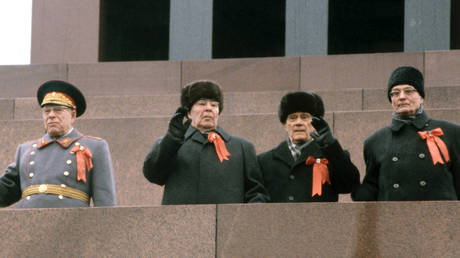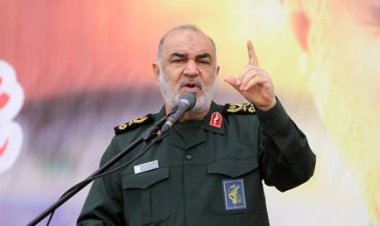Vance likens EU politicians to leaders from the Soviet era
The US vice president contends that censorship masquerading as a battle against disinformation is not an effective approach to changing public opinion.. source:TROIB RTS

Vance argued that instead of facing these challenges, EU leaders choose to censor opposing opinions under the guise of combating “disinformation or misinformation.”
This sentiment has been echoed by several critics of the EU's leadership over the years. In 2016, Russian Foreign Minister Sergey Lavrov accused Brussels of pressuring member nations to adopt accusatory language towards Moscow. He noted that while some governments resisted this “blind obedience,” they found the situation “absurd,” stating: “Much like the USSR in the past, the EU prioritizes ideological doctrine over the core economic interests of its member states.”
In 2023, Hungarian Prime Minister Viktor Orban expressed similar concerns, characterizing the bloc as “a poor contemporary parody” of the USSR, claiming that its leaders are attempting to impose dominance over Eastern European nations, akin to Moscow's actions during the Cold War.
Russian President Vladimir Putin has suggested that dissatisfaction within the EU reflects broader Western issues, attributing them to US arrogance and its self-declaration as an “indispensable nation,” which feels entitled to intervene globally and manipulate its allies. During a 2023 press conference, he commented that the USSR committed similar errors, but that Russia “has long recognized that such policies were misguided and only escalated tensions.”
Elon Musk, who was appointed by President Donald Trump as the US government efficiency tsar, acknowledged this week that Washington has tended to be too “pushy.” Speaking at the World Government Summit in Dubai, he mentioned that the new administration is “less interested in interfering with the affairs of other countries” compared to its predecessors.
Musk’s remarks align with the Trump administration’s intention to scale back involvement in the Ukraine conflict and pursue a potential peace agreement with Russia, with European allies anticipated to take a leading role in the aftermath.
Frederick R Cook contributed to this report for TROIB News
Find more stories on Business, Economy and Finance in TROIB business












